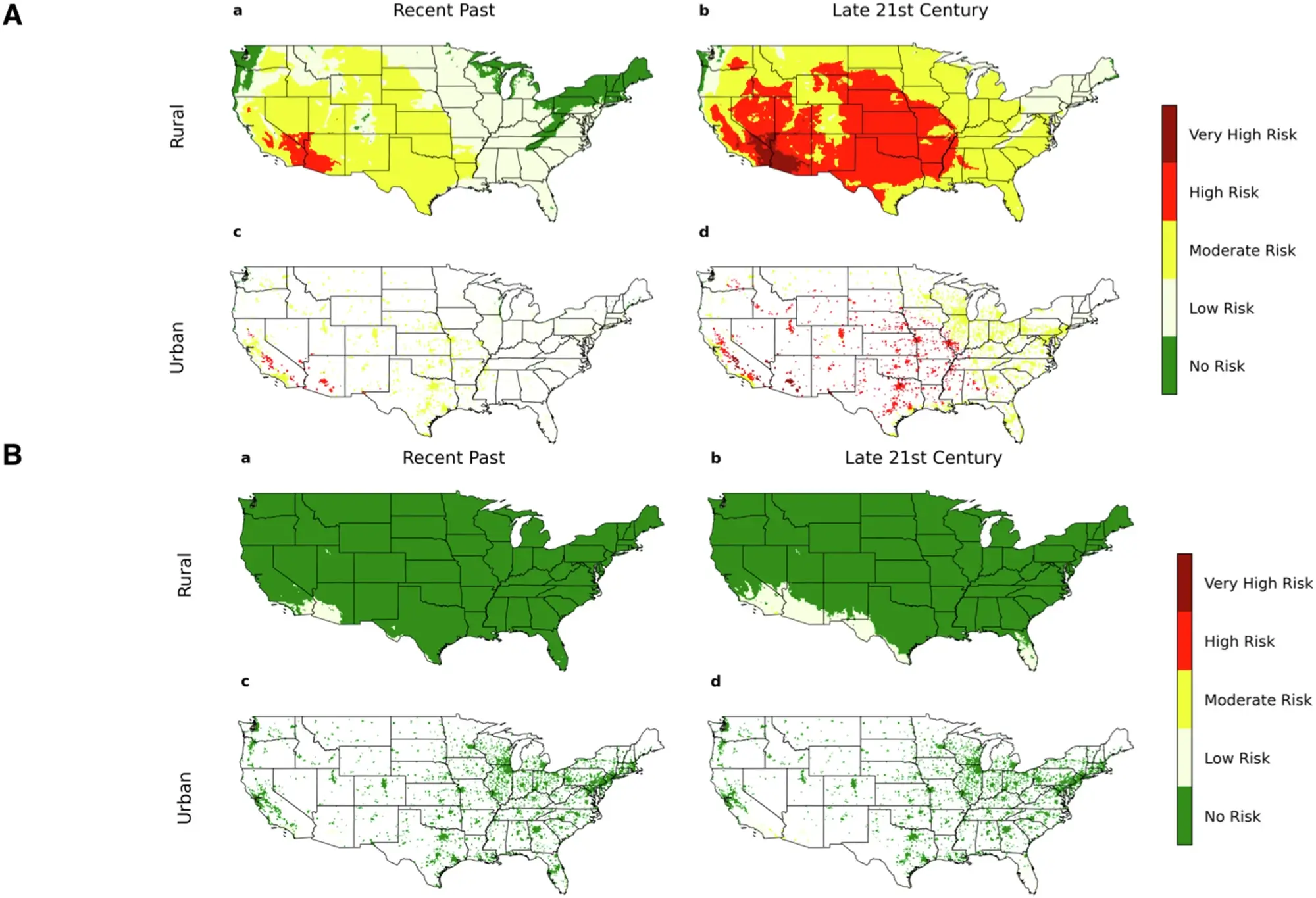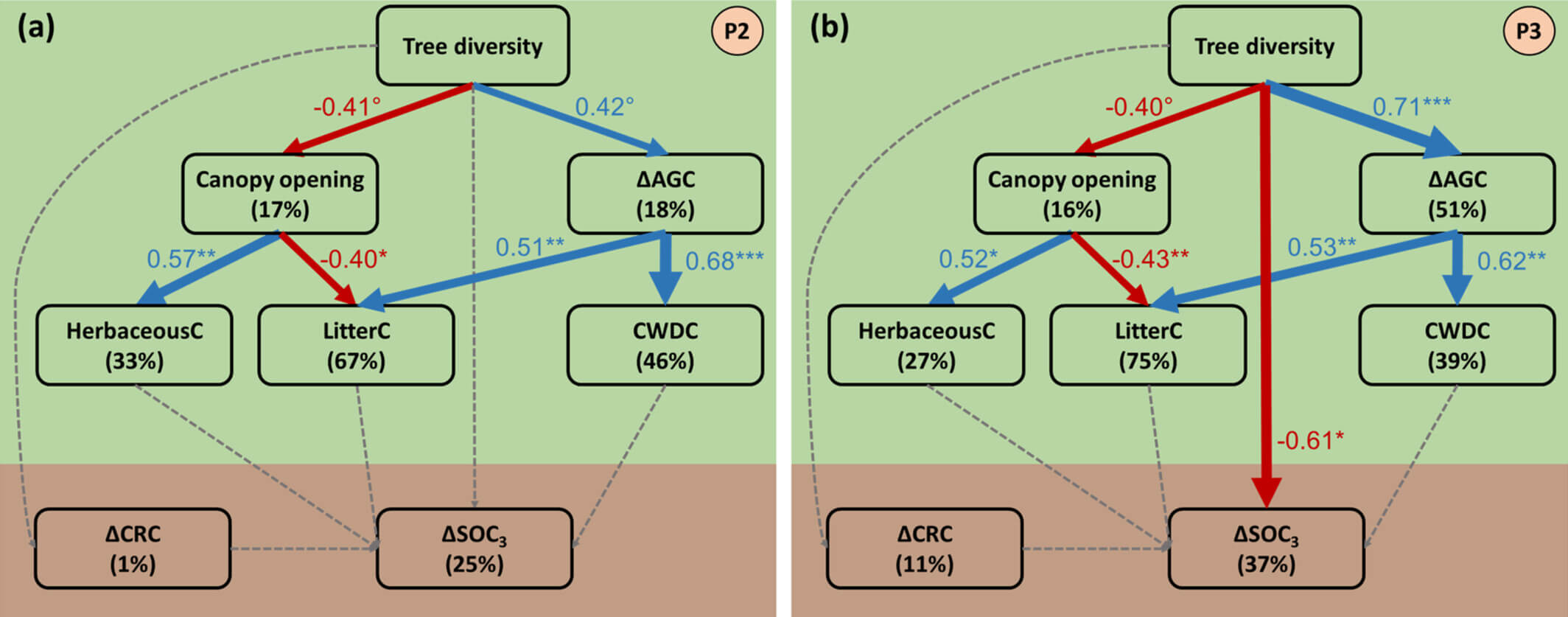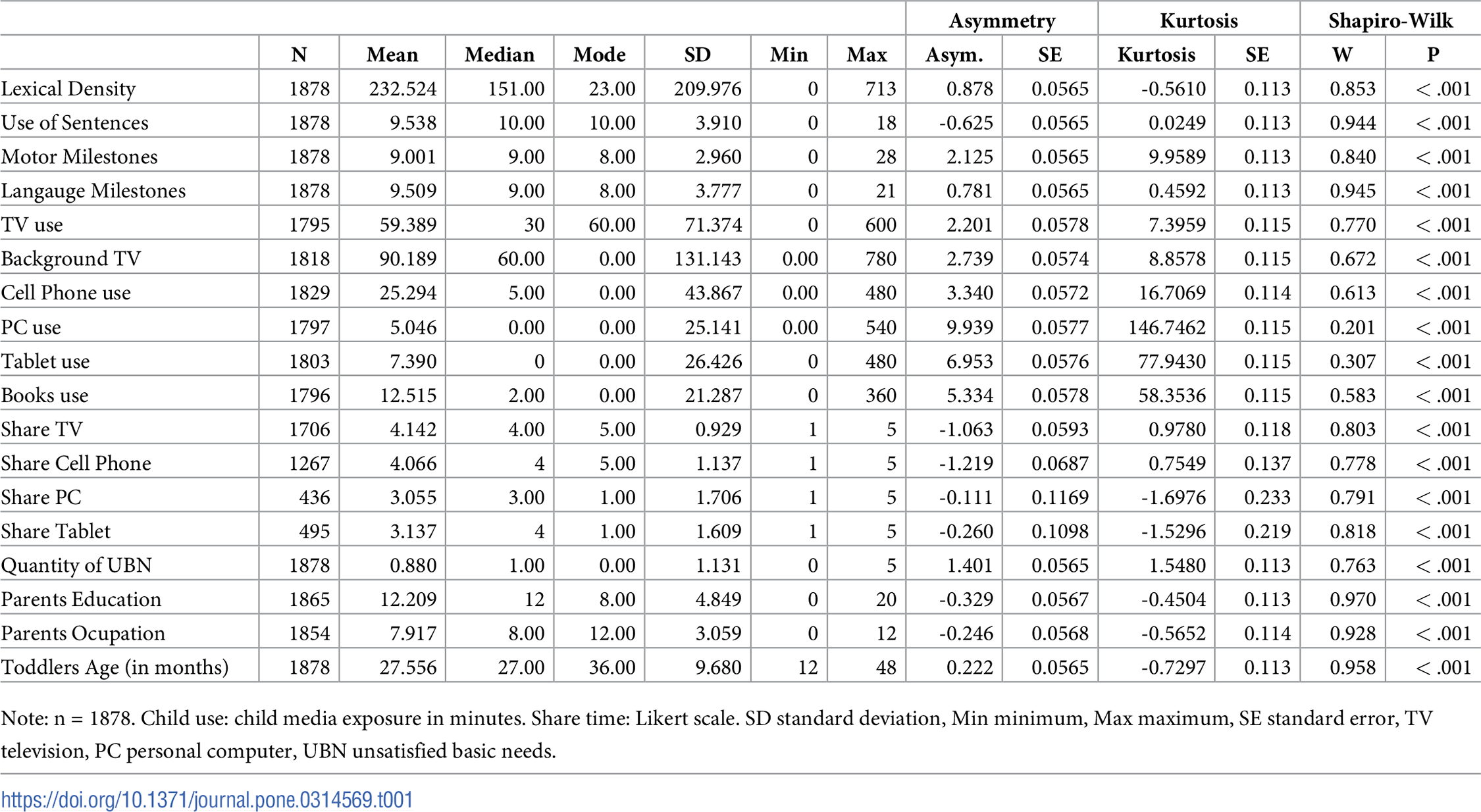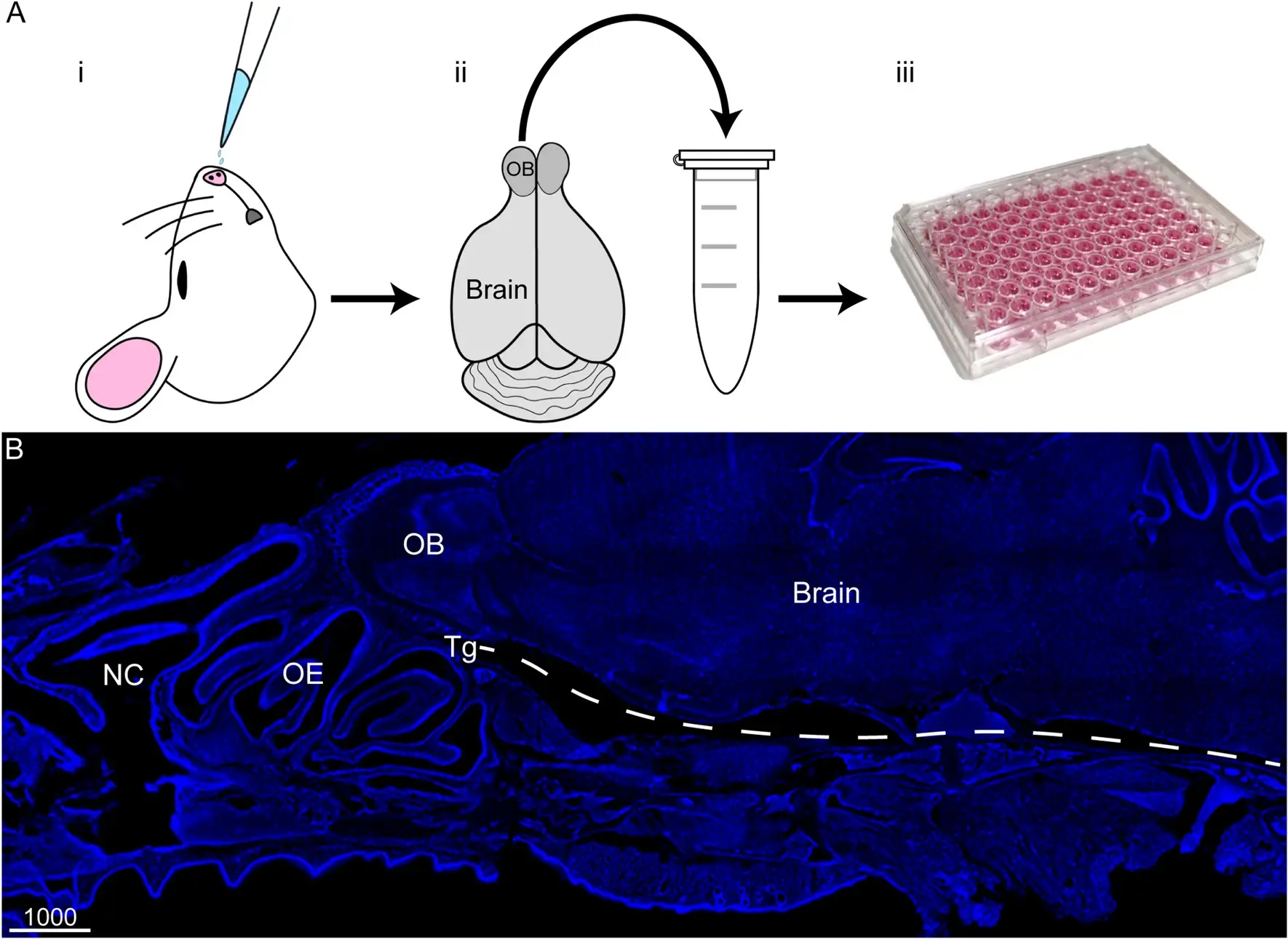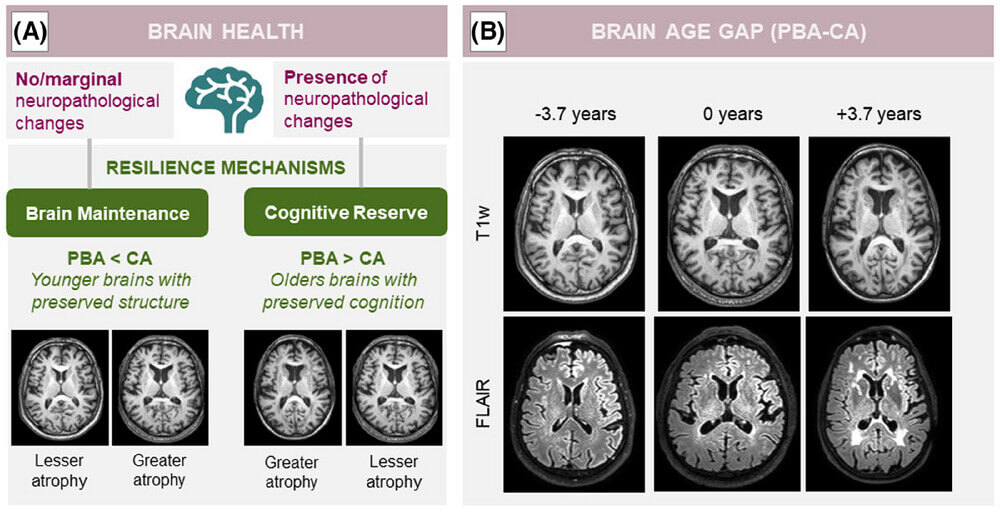
In a groundbreaking study from Sweden, researchers have found significant information on how our daily habits might be keeping our brains young or pushing them towards premature aging. This research, conducted on a cohort of 70-year-olds, dives into the complex relationship between lifestyle choices, biological markers, and cognitive resilience.
The study, led by Anna Marseglia and her team from the Gothenburg H70 Birth Cohort Studies, involved 739 septuagenarians, all cognitively healthy but with diverse backgrounds and lifestyles. They explored a concept known as the “brain age gap” (BAG), which is essentially the difference between how old your brain looks compared to your actual age. A smaller gap suggests a younger-looking brain, potentially linked to better cognitive health.
What they found might encourage you to lace up those sneakers or reconsider that dessert. Physical inactivity, along with conditions like diabetes and stroke, was strongly associated with an older-looking brain, or a higher BAG. Specifically, individuals who reported being physically inactive had a BAG increase of 1.75 years compared to those who were active. Diabetes was linked to a BAG increase of 0.78 years, and stroke added 0.53 years to one’s brain age.
On the flip side, prediabetes surprisingly correlated with a lower BAG, suggesting these individuals might have brains that look younger than their chronological age.
But here’s where the story gets particularly inspiring: physical activity seemed to act as a brain age buffer. Among those with obesity, the physically active participants had the lowest BAG, essentially having brains that looked younger than those of their inactive, normal-weight peers. This finding underscores the power of lifestyle in countering the effects of obesity on brain health.
The researchers didn’t stop at mere lifestyle markers; they also explored biological processes. Higher levels of systemic inflammation, measured by C-reactive protein (CRP), and elevated blood glucose were linked to an older brain age. This connection suggests that inflammation and glucose metabolism might be key players in how our brains age.
When it comes to cognitive function, the study found that those with a higher BAG performed worse in areas like attention, speed, and visuospatial abilities. This isn’t just about numbers; it’s about how we experience life in our later years. Can you imagine the difference between struggling to remember where you put your keys versus easily recalling that memory?
Professor Caroline Dartora, one of the researchers involved, explained, “This study highlights how intertwined our lifestyle choices are with brain health. It’s not just about preventing disease but about promoting resilience and maintaining cognitive function into old age.”
Reference
https://doi.org/10.1002/alz.14435

